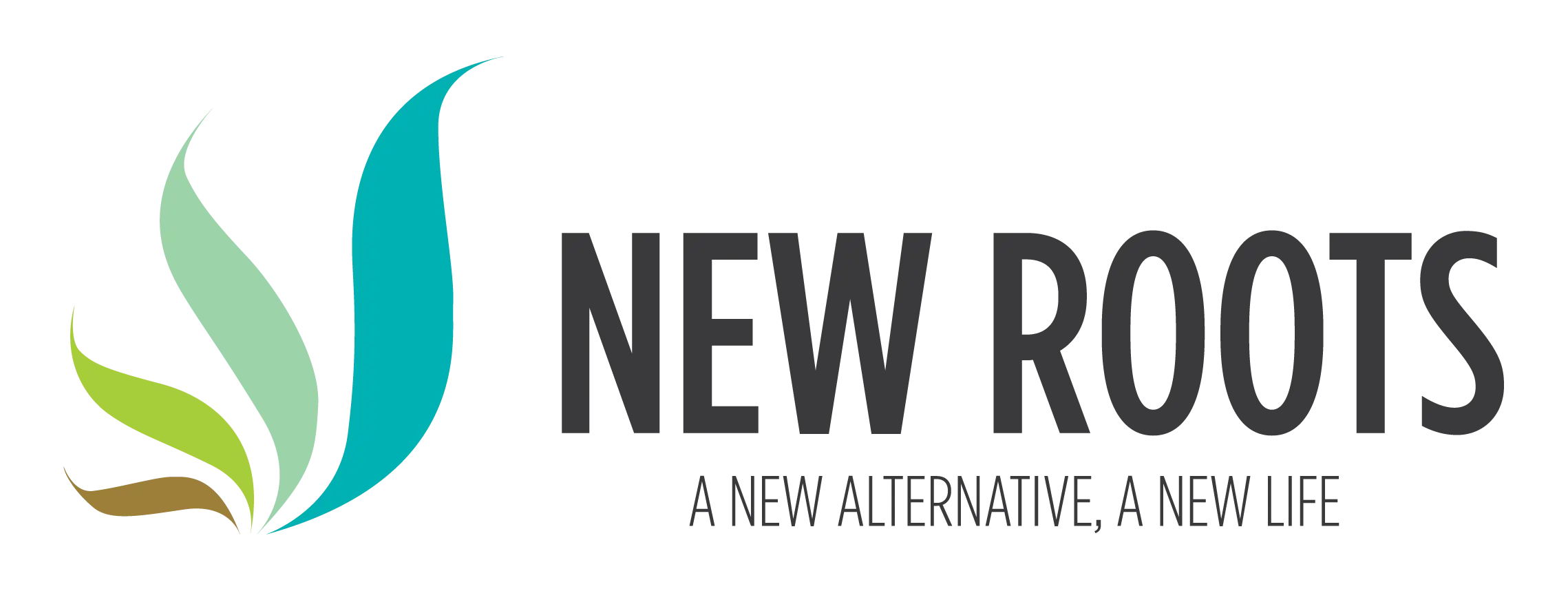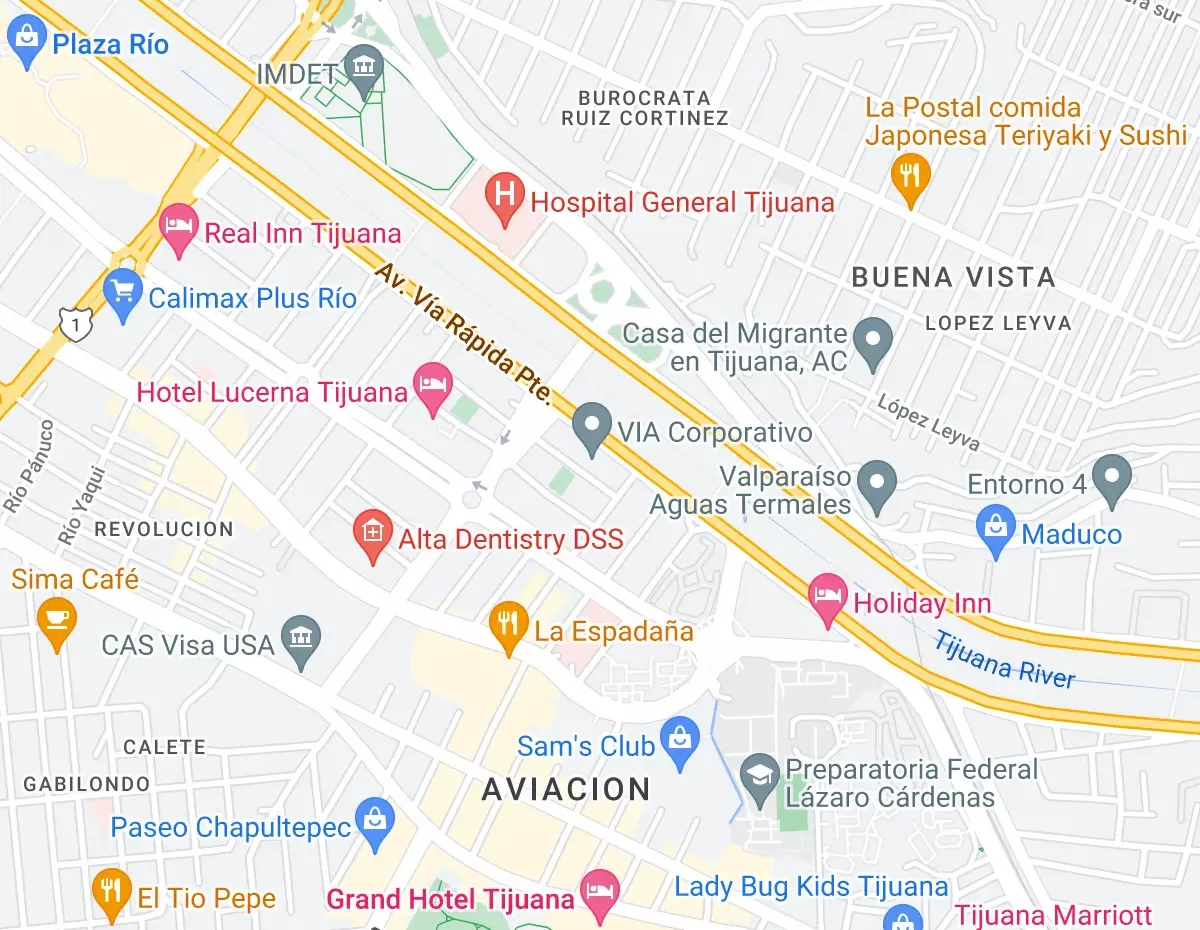Ibogaine, a powerful psychedelic drug derived from a shrub, shows promise in treating addiction, including opioid withdrawal symptoms. Used in traditional religious ceremonies, ibogaine is also being explored in clinical research for its potential to treat addiction. While the potential of ibogaine is exciting, it's crucial to use it under medical supervision to ensure safety. Ibogaine clinics provide the necessary support and monitoring, making the treatment process safer and more effective.
Discover how ibogaine can help treat addiction in a safe and supervised environment, enhancing the potential for positive outcomes.
Key Takeaways
- Medical Supervision is Crucial: Ibogaine treatment should always be conducted under medical supervision to ensure safety and efficacy. Proper oversight helps manage potential risks and enhances treatment outcomes, providing a structured and supportive environment for recovery.
- Potential for Treating Addiction: Ibogaine has shown significant promise in treating opioid addiction and withdrawal symptoms. Clinical research and observational studies suggest it can help reduce dependency on substances like heroin and cocaine, offering a new avenue for recovery.
- Comprehensive Care at Clinics: Reputable ibogaine clinics provide comprehensive care, including pre-treatment assessments, medical monitoring, and post-treatment support. This holistic approach ensures patients receive the best possible care and support throughout their recovery journey.
- Understanding Ibogaine’s Effects: Ibogaine interacts with brain receptors, helping to reset pathways associated with addiction. This unique mechanism makes it a valuable tool in treating substance use disorders, supporting individuals in overcoming addiction and achieving long-term sobriety.
- Legal Considerations: Ibogaine is classified as a Schedule I substance in the U.S., but legal and regulated treatment options are available in other countries like Mexico. Seeking treatment from reputable clinics that adhere to legal standards is essential for safety and effectiveness.
Importance of Medical Supervision for Ibogaine Administration
The administration of ibogaine, a psychoactive compound derived from the root bark of Tabernanthe iboga, has gained attention as a potential treatment option for substance use disorders, particularly opioid use disorder. Despite its promising efficacy in alleviating withdrawal symptoms and cravings associated with addiction, the use of ibogaine carries significant risks, necessitating strict medical supervision during treatment. This supervision is critical for ensuring patient safety, managing potential adverse effects, and optimizing treatment outcomes.
Here, we explore the importance of medical supervision in ibogaine therapy through various aspects, including risk management, monitoring vital signs, psychological support, comprehensive pre-treatment assessment, and protocols for managing adverse reactions.
Risk Management
Effective risk management is paramount when considering ibogaine therapy, especially given its classification as a Schedule I substance by the US Food and Drug Administration (FDA). The potential for serious cardiac events, such as torsades de pointes, has been documented, particularly in patients with existing cardiovascular issues or those concurrently using opioids.
Evidence suggests that ibogaine can induce significant QTc prolongation, which may lead to life-threatening arrhythmias. Therefore, medical supervision must include thorough screening for risk factors such as drug dependence, history of drug abuse, and comorbidities. Clinicians should be prepared to respond to emergencies, ensuring that appropriate interventions are available during treatment sessions.
Monitoring Vital Signs
Monitoring vital signs is a critical component of medical supervision during ibogaine administration. Studies indicate that the administration of ibogaine, particularly in high doses, can significantly affect cardiac function, necessitating close observation of heart rate and rhythm. A single dose of ibogaine can lead to reversible QTc prolongation, bradycardia, and severe ataxia.
Continuous monitoring allows healthcare providers to detect any adverse effects early and intervene promptly, thus minimizing risks associated with ibogaine therapy. This vigilance is essential, especially in clinical settings where patients may be experiencing withdrawal symptoms from opioids or other substances.
Psychological Support
Psychological support is integral to the ibogaine treatment process, as the compound's effects can induce profound psychological experiences. Patients undergoing ibogaine therapy often face significant emotional challenges, including confronting the underlying issues related to their substance use disorder. Medical supervision should include trained therapists or counselors who can provide emotional support and guidance during and after the treatment.
Research indicates that individuals who received psychological support alongside ibogaine treatment reported better outcomes in managing their addiction and coping with withdrawal symptoms. This support can also enhance the therapeutic effects of ibogaine, facilitating a more comprehensive approach to addiction treatment.
Comprehensive Pre-Treatment Assessment
Before initiating treatment with ibogaine, a comprehensive pre-treatment assessment is necessary. This assessment should evaluate the patient's medical history, current substance use, and any psychological factors that may influence treatment outcomes.
Controlled clinical trials have shown that thorough pre-treatment evaluations can help identify individuals who may be at higher risk for adverse reactions, thereby informing treatment protocols. By understanding each patient's unique circumstances, healthcare providers can tailor their approach, ensuring a safer and more effective treatment experience.
Protocols for Adverse Reactions
Given the potential for serious adverse reactions associated with ibogaine, established protocols for managing these events are essential. Medical supervision should include guidelines for recognizing and addressing complications such as cardiac dysrhythmias, severe ataxia, and other psychomimetic effects.
Healthcare providers must be trained in emergency response techniques and equipped with the necessary medical supplies to manage adverse reactions effectively. This preparedness can significantly enhance patient safety and improve overall treatment efficacy.
The potential benefits of ibogaine therapy are significant, yet they must be balanced against the risks associated with its use. By ensuring comprehensive medical supervision, including risk management, vital sign monitoring, psychological support, pre-treatment assessments, and protocols for managing adverse reactions, healthcare providers can optimize the safety and efficacy of ibogaine therapy in treating addiction.
Potential Risks of Unsanctioned Ibogaine Use
The use of ibogaine, a psychoactive compound derived from the root bark of Tabernanthe iboga, has garnered interest for its potential benefits in treating opioid use disorder and other substance use disorders.
However, unsanctioned use of ibogaine poses significant risks that warrant careful consideration. Without proper medical oversight, individuals may encounter serious complications that can jeopardize their health. This section explores the potential risks associated with unsanctioned ibogaine use, including cardiovascular complications, neurological effects, organ toxicity, lack of monitoring, and psychological risks.
Cardiovascular Complications
One of the most concerning potential risks of unsanctioned ibogaine use is its impact on cardiovascular health. Ibogaine can cause irregular heart rhythms, including potentially fatal conditions such as torsades de pointes. These complications are particularly dangerous for individuals with pre-existing heart conditions or those taking other substances that may exacerbate cardiac issues.
The risk of serious cardiovascular events underscores the importance of medical supervision, as healthcare providers can monitor heart function and intervene if necessary. Evidence suggests that ibogaine's effects on the heart can lead to prolonged QT intervals, which may result in sudden cardiac arrest if not properly managed.
Neurological Effects
Ibogaine's psychoactive properties can lead to various neurological effects, ranging from mild to severe. While some individuals report positive experiences, such as insights into their addiction, others may suffer from adverse reactions, including seizures, hallucinations, and severe ataxia.
These effects can be particularly pronounced in unsanctioned settings where individuals may not have access to appropriate medical care. The lack of monitoring during ibogaine administration can exacerbate these neurological risks, potentially leading to lasting cognitive impairments or psychological distress.
Toxicity to Organs
The unsanctioned use of ibogaine may also pose risks of organ toxicity. Research indicates that ibogaine can have detrimental effects on the liver and kidneys, especially when taken in high doses or in combination with other substances. The potential for organ damage is heightened in individuals with underlying health conditions or those who consume ibogaine without medical guidance. Toxicity to organs can lead to serious health complications that require immediate medical attention, emphasizing the necessity of a controlled environment for ibogaine administration.
Lack of Monitoring
The absence of medical monitoring during unsanctioned ibogaine use significantly increases the risk of adverse effects. In clinical settings, patients are closely observed for vital signs and potential complications, allowing for timely interventions. However, individuals who take ibogaine outside of regulated environments may not receive the necessary oversight, leaving them vulnerable to serious health issues.
Reports of fatalities associated with unsanctioned ibogaine use highlight the dangers of self-administration without professional guidance. Continuous monitoring can help mitigate risks and ensure patient safety during treatment.
Psychological Risks
Psychological risks are another critical concern associated with unsanctioned ibogaine use. While some individuals seek ibogaine for its potential to treat opioid use disorder and other addictions, the drug's hallucinogenic properties can lead to intense psychological experiences that may not be manageable without professional support.
Individuals may experience anxiety, paranoia, or other distressing emotions during their ibogaine experience, particularly if they lack a supportive environment. The potential for psychological trauma or exacerbation of existing mental health issues further underscores the importance of medical supervision in ibogaine therapy.
What to Expect During Ibogaine Treatment
Ibogaine treatment is a unique approach to addressing substance use disorders, particularly opioid dependence. Understanding what to expect during this treatment can help individuals prepare for their experience. The process typically begins with an initial assessment and preparation phase, followed by the three distinct phases of the ibogaine experience. Medical supervision is crucial throughout to ensure safety and support.
Initial Assessment and Preparation
Before beginning ibogaine treatment, clients undergo a thorough initial assessment to evaluate their physical and mental health. This assessment includes medical history, physical examinations, and necessary tests to ensure that the individual is a suitable candidate for treatment. Preparation may involve discussions about the treatment process and what to expect, helping clients mentally and emotionally prepare for their journey.
The Three Phases of the Ibogaine Experience
The ibogaine experience typically unfolds in three distinct phases:
- Acute Phase: This phase begins shortly after the full dose is administered, lasting about 8-12 hours. Clients may experience various physical sensations, including dizziness and nausea, and will often spend this time lying down with their eyes closed. Many report a buzzing sound signaling the onset of effects.
- Reflective Phase: Following the acute effects, clients may enter a reflective state characterized by vivid, dream-like visions. These visions often involve personal memories and may bring forth past traumas, allowing individuals to confront and process these experiences. This phase is crucial for emotional healing and self-discovery.
- Residual Phase: After the peak experience, clients may feel physically drained but mentally clearer. This phase allows for the integration of the insights gained during the treatment, often leading to a renewed sense of self-acceptance and spiritual outlook.
Post-Treatment Support
Following the ibogaine experience, post-treatment support is essential for helping clients integrate their experiences and insights into their daily lives. This support may include counseling sessions, group therapy, and aftercare planning to ensure a smooth transition into recovery.
Duration of Stay
The total duration of stay for ibogaine treatment can vary, typically lasting around a week. This allows for adequate time for assessment, treatment, and post-treatment support, ensuring that clients receive comprehensive care throughout their healing journey.
Closing Thoughts
In conclusion, while ibogaine offers promising potential in treating addiction, it is essential to approach this powerful psychedelic drug with caution and under strict medical supervision. The risks associated with unsanctioned use underscore the importance of seeking treatment from reputable ibogaine clinics.
At New Roots Ibogaine, we prioritize your safety and well-being, providing comprehensive care and support throughout your recovery journey. Our experienced team is dedicated to helping you achieve long-term sobriety and a healthier future. Feel free to visit our ibogaine treatment clinic in Mexico, where we offer a serene coastal retreat for your healing process.
Contact us today to learn more about our ibogaine treatment programs and take the first step towards reclaiming your life.




